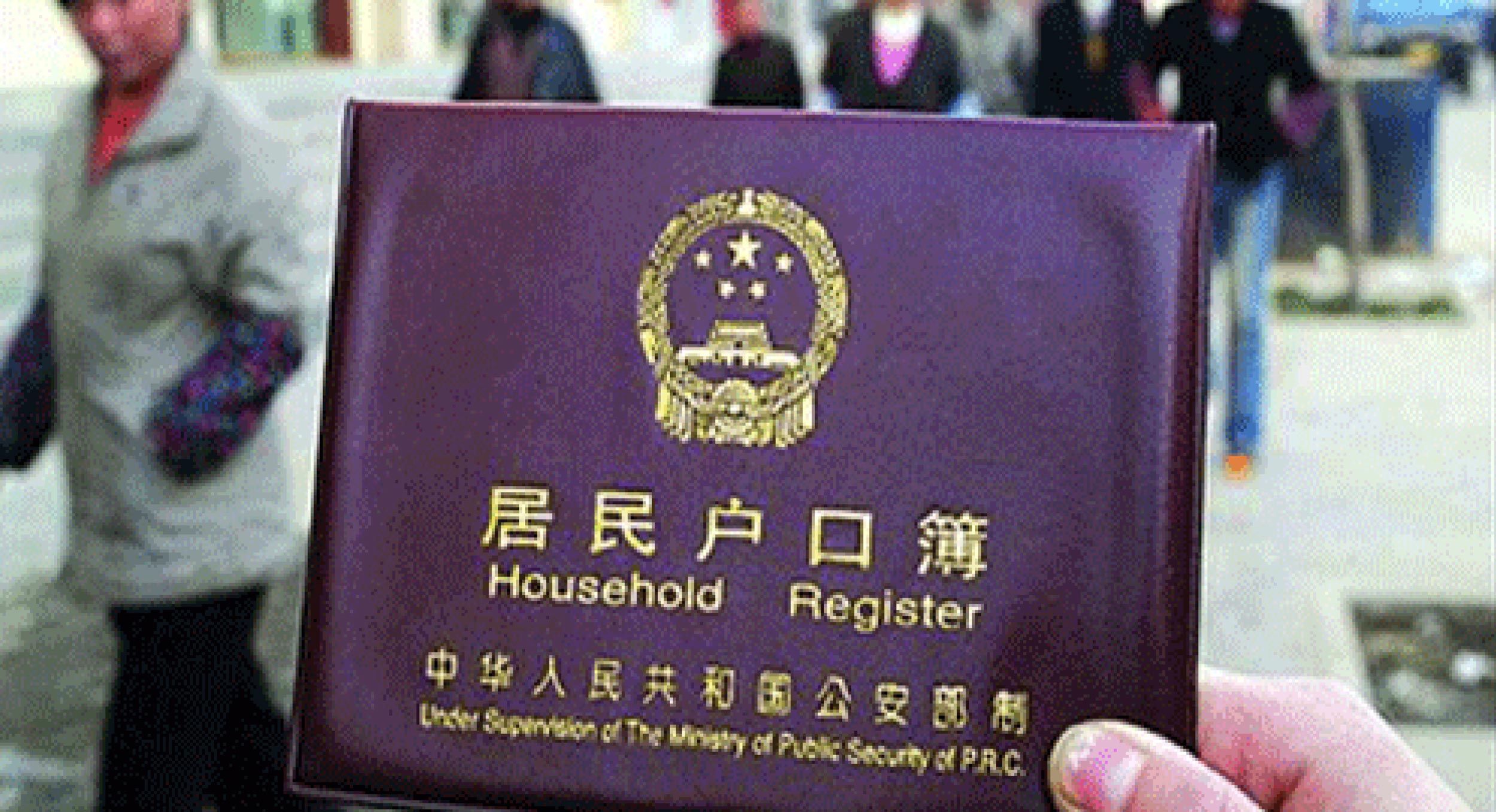NANJING, China — For decades, China’s hukou system has functioned as the bedrock of its urbanisation framework, categorizing citizens based on their birthplace. This household registration system, while instrumental in managing internal migration and urbanization, has also woven a complex tapestry of social and economic dynamics, particularly affecting the food security of migrant populations in urban areas. Implemented since the 1950s, the hukou system divides citizens into urban and rural residents and determines access to essential services such as education, healthcare, and housing. Urban hukou holders enjoy an array of benefits, whereas rural hukou holders, who often migrate to cities for better job prospects, are classified as non-local residents in urban areas, commonly known as the “floating population.”
The hukou system influences various aspects of daily life for migrants in cities. One significant factor is access to affordable housing. Migrant workers are more likely to live in densely populated areas with inadequate facilities. This not only affects their quality of life but also their ability to store and prepare food safely, contributing to food insecurity. Additionally, the hukou system affects migrants’ access to social services, including healthcare and education.
Food security, defined as having consistent access to sufficient, safe, and nutritious food, is influenced by the intricacies of the hukou system among migrant populations in cities. In March 2020, a Nanjing University survey assessed the food security experience of nearly 1,000 households in Nanjing. The findings revealed that migrant households without local Nanjing hukou were more food insecure compared to local households. The study highlighted several key metrics: migrant households scored an average of 6.86 on the Household Food Insecurity Access Scale (HFIAS), compared to 4.33 for local households. A higher score indicates greater food insecurity. Migrant households also had higher Household Hunger Scale (HHS) scores, signifying more frequent experiences of hunger. Additionally, migrant households reported greater insufficiency in food quantity and expressed heightened anxiety about their food supply.
These findings underscore the specific vulnerabilities to food insecurity faced by migrant households. Employment opportunities for migrants are often concentrated in labour-intensive, lower-wage sectors. Moreover, limited access to online food purchasing platforms further disadvantages these households. Migrant workers, due to lower digital literacy or lack of access to digital tools, are often unable to utilize these platforms, limiting their options for obtaining food.
The journey towards food security for migrant households in urban China is complex and multifaceted. The hukou system, while effective in some aspects of urban management, has created other challenges. Ensuring that all citizens, regardless of hukou status, can achieve food security is a basic goal. While the hukou system has effectively managed urbanization, its role in shaping food security outcomes for migrant populations needs more research.
Created with the assistance of ChatGPT 4.0

